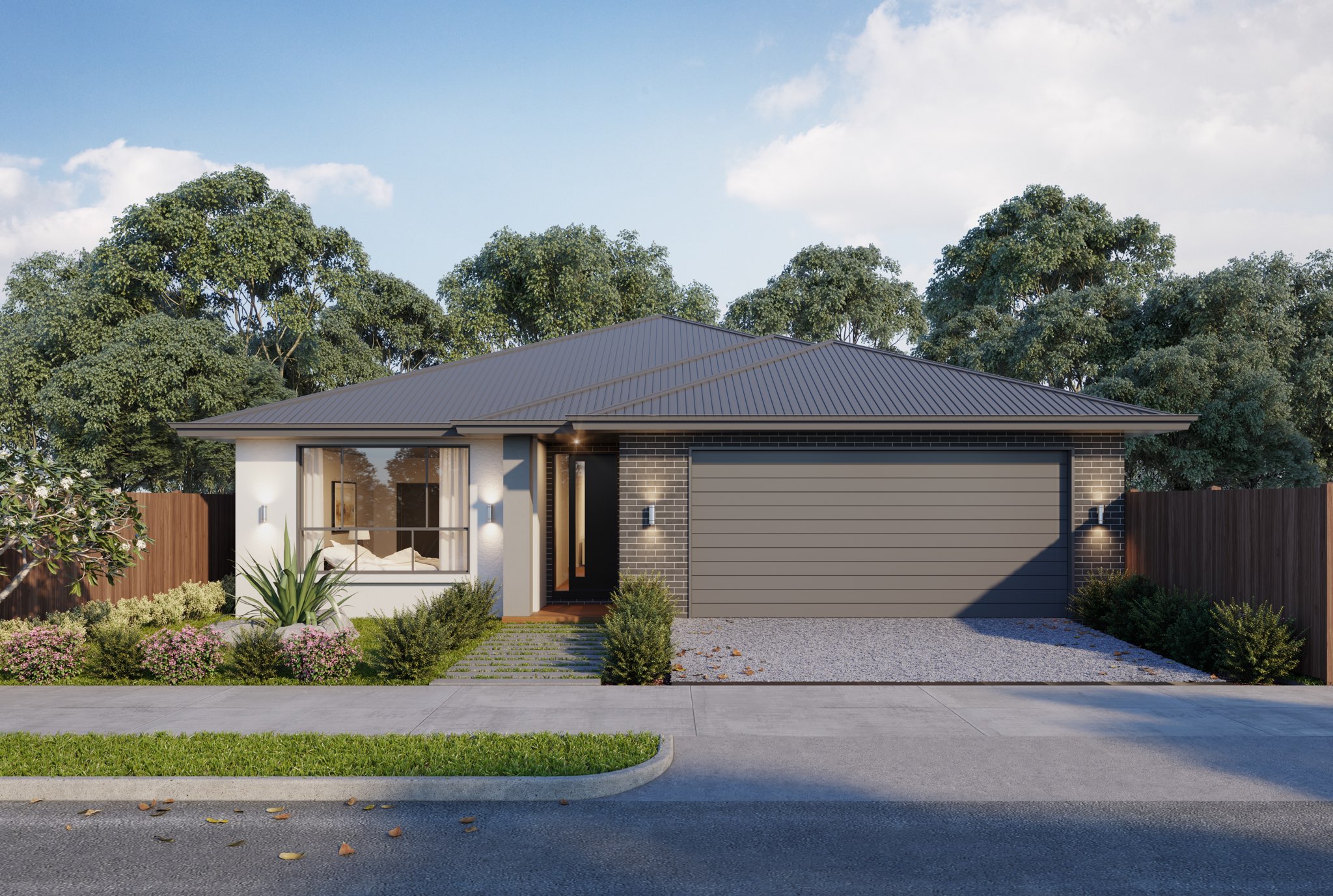For all investors and developers, finding the right kind of development that suits their needs is not the only challenge. Before making your mind up to go ahead with a dual occupancy in NSW, you need to carefully consider the development requirements, processes, and associated costs. If you are planning to invest in dual occupancy developments, getting a torrens title subdivision for your dual occupancy is something you might require at the later stages. The article presents some valuable information in this regard.
Dual Occupancy & Subdivision
Dual occupancies are the two dwellings developed on a single lot of land, quite often known as a duplex. These are developed in a range of forms and layouts making them a desirable and flexible option of development to suit diverse lifestyles. These occupancies need careful and thorough coordination as they are based on two parts; Dwelling construction and Subdivision.
-
Dual Occupancy (attached)
It means there are two dwellings on one lot of land, attached, without having a secondary dwelling.
-
Dual Occupancy (detached)
It means there are two detached dwellings on one lot of land, without having a secondary dwelling.
-
Secondary dwelling
It means a self-contained dwelling formed in conjunction with another dwelling (the main dwelling), is on the same lot of land as the main dwelling, and is constructed within, or is attached to, or is separate from, the main dwelling. A secondary dwelling, unlike a dual occupancy, has the total floor area, excluding parking, not more than 60 square meters.
-
Subdivision
Subdividing a dual occupancy is possible in NSW. There are few guidelines regarding this.
-
Free Zones
For the subdivision of dual occupancy, you must know that there are zones including R2 (low density), R3 (medium density), R4 (high density) and that do not need to meet minimum lot sizes or requirements.
Torrens Titles Subdivision
Two dwellings constructed on the same lot will, in general, begin with a duplex or two detached dwellings and land Torrens title. The two alternatives in this situation include:
- Wholly sub-divide the property into two distinct Torrens titles, which results in two legally separated properties.
Sub-Dividing into Torrens Titles
The easiest way is to sub-divide the dual occupancy into two Torrens titles. Though, unlike a strata title, a few factors must be qualified here:
- Firstly, the two dwellings must have their road access and legal driveways front facing
- Secondly, both dwellings need to be build on the one lot before the sub division can take place into separate titles
- Third, there must be a possibility to make two separate yards without any asset being shared such as a gardens, water tanks, pools etc
When you sub-divide a dual occupancy, you will need to consult a surveyor and lawyer to not just change the details on the first title but to make a completely new title representing a separate second property.
Getting Torrens Title Subdivision for Dual Occupancy in NSW
-
Permission for Dual Occupancy
It all gets started with if a dual occupancy is allowed in your zone. The Local Environmental Plan (LEP) for the Council area has established a land zoning table that gives a framework for the way land can be used. Dual occupancy is allowed only if it is recognized as a permitted use under that zone. In NSW, dual Occupancies can only be acquired through Council under their development controls.
-
Planning Controls
Even if the dual occupancy is allowed in the zone, it still must fulfill all other planning controls in the LEP and Development Control Plan (DCP). Fulfilling these planning controls eventually determines if the dual occupancy will be approved. The key planning controls include the minimum site’s area and width.
-
Dual Occupancy Design
Like any other kind of development, when designing a duplex or dual occupancy, it is vital to comply with the controls set in the relevant LEP and DCP. Usually, the DCP includes a specific section for dual occupancy development. The LEP and DCP prescribe controls related to the maximum floor space ratio, building setbacks, open space, maximum building height, car parking, and minimum landscaped area. These controls must be considered to design the process to fast track the development approval process.
-
Subdividing Dual Occupancy – Torrents Title Lot
Based on the LEP, a subdivision of the dual occupancy is generally allowed with consent by way of a Torrens title subdivision. This implies that every individual dwelling in a dual occupancy will be formed as a Torrens title lot.
Subdivision of the dual occupancy can only be acquired with the lodgment of a Development Application. However, before submitting the subdivision application it is vital to ensure that the development complies with all essential subdivision requirements set by the LEP.
Here comes the importance of understanding between the builders and surveyors. This is because builders don’t do subdivisions while surveyors don’t construct dwellings. Hence, both these parties must maintain timely and concise communication.
The Subdivision Approval Process
In the context mentioned above, the process of a subdivision approval will include the following steps:
Step 1: The surveyor will create a Contour & Detail Survey, after visiting the site.
Step 2: The Survey will be passed on to the building designer for them to design the duplex.
Step 3: The building designer will pass on the design to the surveyor for him to prepare a proposed subdivision plan. Some councils allow the building designer to do the concept torrens title sub division plan
Step 4: In this way, one development application will be submitted to the Council that can be approved to both construct the duplex and subdivide the land.
Step 5: Upon approval of the development application and Construction Certificate, the builder can complete the duplex construction and gain the occupation certificate. Only then can the sub division take place and separate titles be finalized so that both dwellings are on separate titles.











